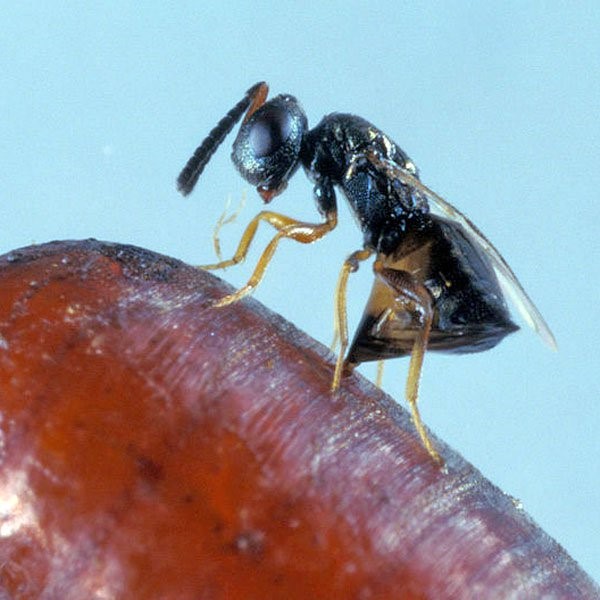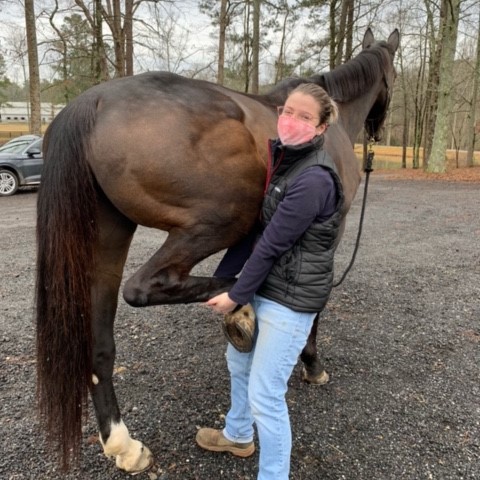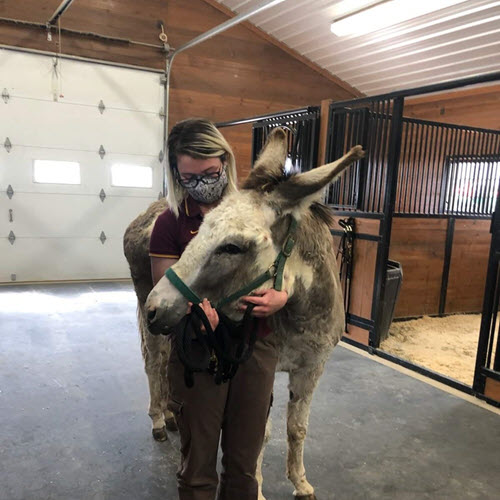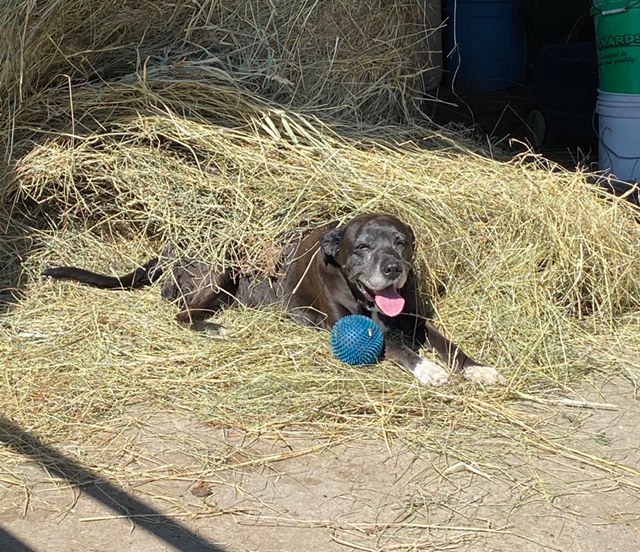Our Blog
Summer Fly Control Starts Now-Tips on how to reduce fly populations without insecticides

It’s still cold outside here in Minnesota with over a foot of snow on the ground and more coming in the next week, but it’s not too early to start thinking about summer fly control on our farms. We often have so much to think about by the time May and June roll around that one of the last things on the list is fly control. By the time we consider it, July has come and gone and we’re in the middle of another hot, humid summer teeming with insects. Stable flies especially can cause health problems for our horses, from increasing the risk of developing hoof abscesses by fly stomping, to causing skin dermatitis and overall grumpiness. In severe cases flies will bite a horse’s legs bloody and cause an immense amount of discomfort. While there are plenty of fly sprays on the market that promise 7-14 days of fly protection, it often wears off in several minutes. “Fogging” the barn with insecticide may kill some adult flies, but does nothing to kill eggs and larvae. Insecticides used in fog or in feed through formulations can also have detrimental effects on honey bees and other native pollinators.
Stable flies are quite aggressive when taking blood meals. Both males and females feed on blood and the average fly lives for about 28 days. Females lay clutches of 60-130 eggs per day, with a total of 800 eggs in a lifetime. For each clutch they need a new blood meal, so the same fly could bite your horse 26 times just to lay its eggs!!! Ouch!! Flies can travel up to several miles to reach new hosts (cattle, horses, dogs, people).
What can we do to combat these pesky flies? One of the best solutions is to create a management plan that starts in early April as soon as the weather gets warm. For every fly we control/kill in April, we’ll see a 10-fold reduction in stable flies by August. Here are some tips:
1) Purchase fly predators or parasitic wasps- these little bugs are non-harmful to animals and people and kill fly larvae and pupae by consuming them. They should be released every 2- 4 weeks during the summer near manure piles, water troughs or wet areas in the barn and near piles of decomposing organic vegetation to kill fly pupa breaking the fly reproduction cycle. You can even schedule “shipments” to arrive every 4 weeks throughout the summer so you don’t have to think about re-order them. They are available from laboratories and suppliers across the US and can be easily found online.
2) Another option is Hister beetles, which are known to eat stable fly eggs and larvae and are used most commonly around poultry. They too can be ordered online, but do best in mid-summer when temps are around 80 degrees F. They aren’t as effective at reducing stable fly populations early.
3) Consider deterring stable flies from biting your horse (and getting a blood meal to lay eggs) by providing a physical barrier. Shoo fly leggings for horses create a mesh barrier around each leg, but allow adequate air flow and don’t get soaked with water when it rains. Fly sheets and face masks are helpful for sensitive skinned horses.
4) Manure/Organic Matter control- stable flies love to lay eggs in moist environments which are rich in decomposing organic matter. Keeping manure piles managed, stalls dry with lime dust, and cleaning up areas of leftover hay (such as around hay bale feeders) will go a long way in preventing infestations of stable flies.
5) Reduce moist areas- stable fly larvae like to grow in places that have plenty of moisture to keep larvae alive. Pay close attention to outdoor watering troughs that are leaky, areas where water buckets are dumped etc. Once these areas are dried up, they will no longer be good places for fly larvae.
Planning for adequate fly control using these methods this summer will help you and your horse have a happier, healthier and more comfortable summer. And the honey bees and native pollinators of Minnesota will thank you for using less insecticide.
Image credit: www.planetnatural.com


